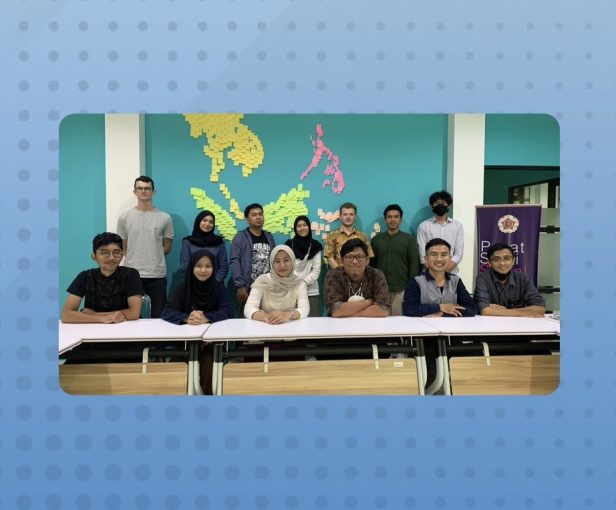
On Tuesday the 6th of December, the Centre for Southeast Asian Social Studies of Universitas Gadjah Mada (CESASS UGM) hosted Eliezar Inigo, a former interning student with qualifications and interests in history and applied linguistics. Discussion within the session centered on the most recent presidential election in the Philippines. The contentious nature of the election in terms of both democratic decline as well as the dubious credentials and lineage of the newly elect President Bongbong Marcus took centre stage.
The results of this election grabbed international attention in light of the fact that the now inaugurated President is the son of the formerly disgraced dictator, President Marcos (Senior). In a demonstration of this, the session opened with a humorous display of international opinion on this as presented through John Oliver’s ‘Last Week Tonight’ (U.S. based). The absurdity of this development was adequately summated using Oliver’s sharp manner for discerning the sometimes-ridiculous nature of global news.
In following this introduction, Elli outlined some historical features of the Marcos family. This included the dictatorship of Ferdinand Marcos Senior, as well as the human rights abuses and mass plundering of national wealth (estimated at $US5 billion) which occurred during his tenure, before his exile in 1986. Elli’s portrayal of the family’s history of deception, corruption, and cruelty toward the Filipino population rightly alluded to the dubious nature of the former dictator’s son taking office.
In explaining how this event came to occur, the session turned to an analysis of social factors contributing to the seeming forgetfulness of the population. Compellingly, many factors afflicting the Philippines also affect other democratic nations. Those factors centering around populist tactics, a nostalgia for decades past, and dissatisfaction with a seemingly detached technocratic elite ring true for the Philippines as much as any other nation which has turned to populist leaders this decade. In conjunction with this, another modern phenomenon, that of ruthless mis- and disinformation campaigns, were discussed with relevance to their roles in swaying public opinion in the country. As the Philippines is listed as ‘the most online nation’s globally, this point took particular poignance.
The session ended with a discussion over what this development will mean for the rest of Marcos’ six-year term, as well as parallels which the audience could draw between trends in their own countries and those occurring in the Philippines.
By: Tom Bartley
